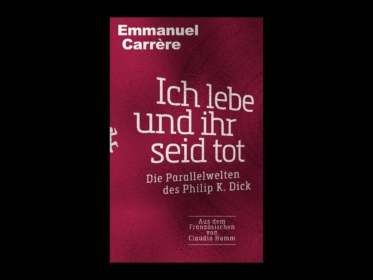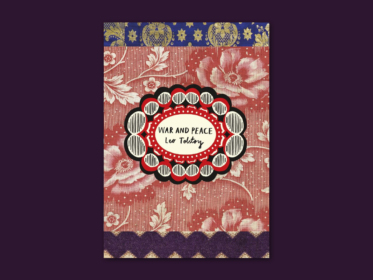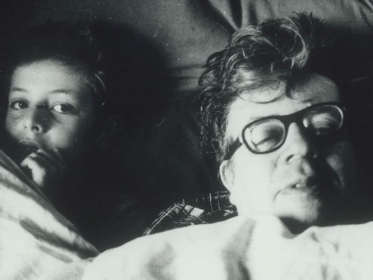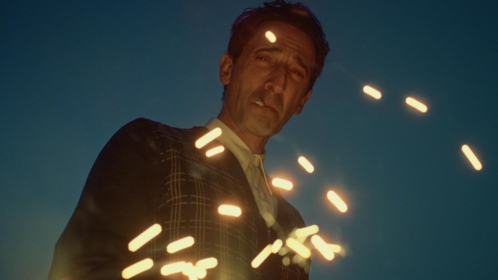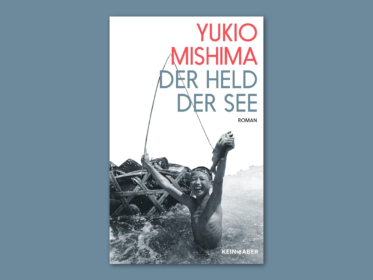Dead Already
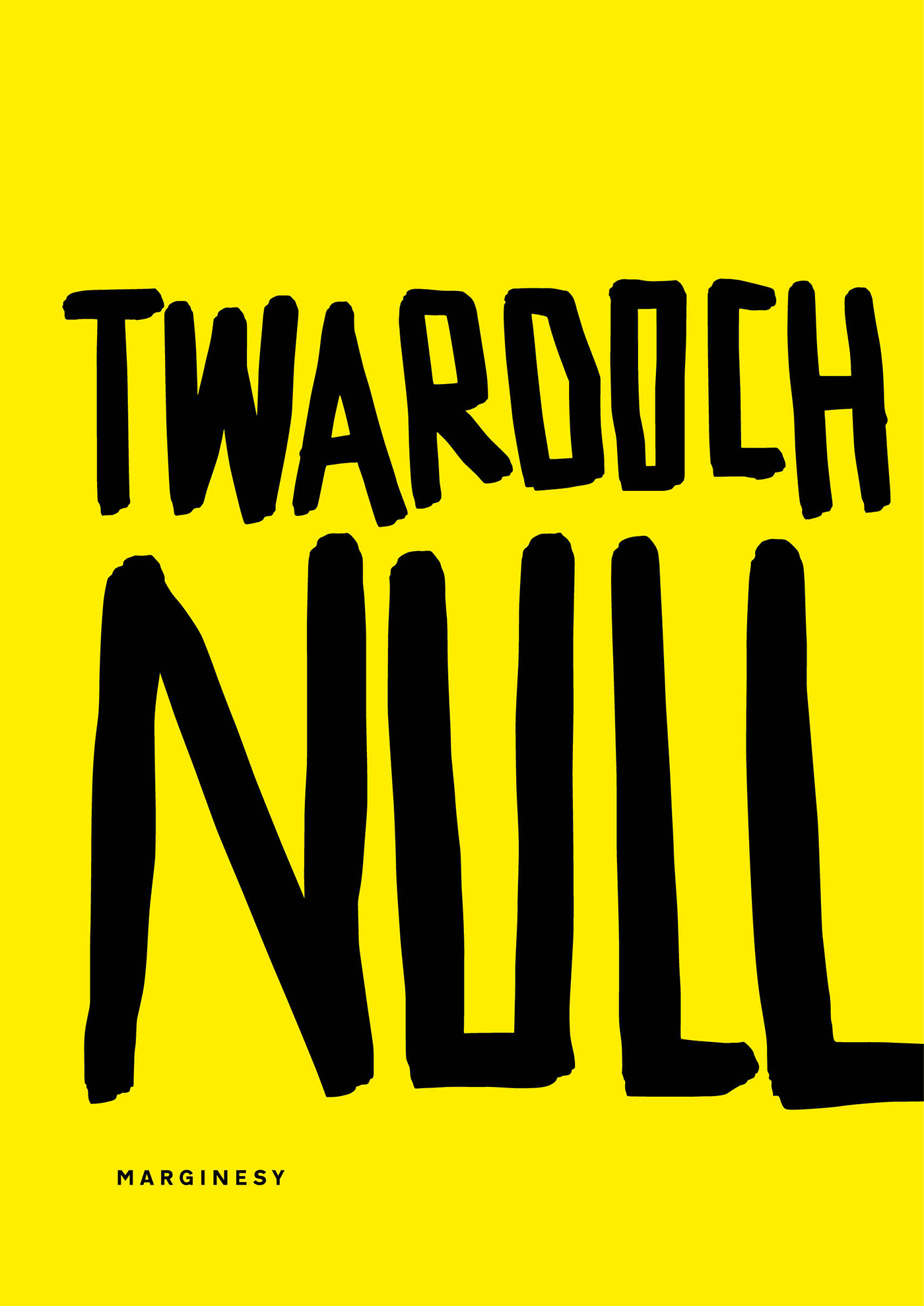
Soldier stories come in two registers: the heroic ballad, brave men fighting against the enemy in the name of glorious whatever, or the report from hell, filled with anti-heroic assholes who grumble “welcome to the suck” to new recruits. Koń, the protagonist of Szczepan Twardoch’s novel “Null” about the Ukraine war, is too smart to be a hero and too wistful to be a true cynic. He is mostly hoping not to die.
Koń is an alienated Warsaw intellectual who enlists not because his own country might be Russia’s next victim but because his grandfather was Ukrainian, Insurgent Army and everything, and besides — this is the alienated Warsaw intellectual part — he feels he’s dead already.
Twardoch had been writing about war for a decade when one broke out right next door. He, unlike his protagonist, didn’t enlist — and he doesn’t live in Warsaw but in Pilchowice — but he did join the fight and went to the front, as a writer.
The novel he wrote based on his experiences has the shape of one long anxiety attack somewhere on the Eastern front. Flashbacks to previous lives, grisly military comedy, layers of histories and languages, horniness and repulsion, painful text messages from the outside world whenever Starlink works — it all adds up to unbearable synchronicity.
Buried in the static are big questions like why and how. But within the culture of war, evading these questions is not just a byproduct but the desired outcome. It’s the whole appeal. Within this desire, every argument against the culture of war just serves as one for it. Even a monster like the drill sergeant in Full Metal Jacket will, in Anthony Swofford’s telling, make a couple of Sacramento knuckleheads go yes please, sign me up. The hollowness of the chain of command and the material reality of the army’s supply chain, this is a rich subject matter for any halfway decent writer who’s not totally full of shit.
Twardoch is not full of shit. His gaze, even as a self-flagellating self-consciously European liberal, is not apolitical. His protagonist surveys the terrain and sees corruption and Fascism even beyond the Neonazi patches worn by some of his fellow soldiers. Of course he has qualms, he recoils. But he postpones the obvious conclusions, for right now these are the men standing between him and a Russian bullet, or a drone. Maybe one day these questions can be answered, for now it’s life and death. There’s a war going on. But Twardoch is not a grunt in the mud, he is a writer at his desk. Isn’t it his job to — fuck it, courageously — actually think these things through? Maybe. Or maybe honest confusion is the best anyone can hope for right now. That, and to not be among the dead.
